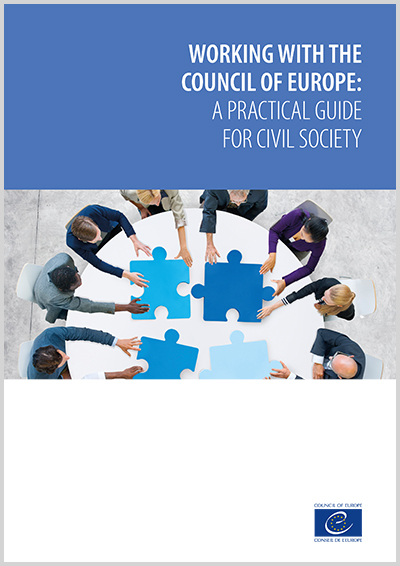Children’s rights

Violence in different forms and settings, lack of access to justice, challenges due to new technology, poverty, social exclusion and discrimination disproportionately affect children. The Council of Europe is committed to ensure the effective protection of children’s rights. It adopts a transversal approach around multi-annual strategies aimed at maximising states individual and collective capacity to make the rights of children a reality: the present strategy runs from 2022 to 2027.
Challenges are addressed through targeted actions. Member states are supported with guidelines and other tools to implement international and Council of Europe standards on children’s rights and to protect children from violence through co-operation activities. Partnerships with other international organisations and civil society are developed to ensure coherence, to make the most of synergies and to strengthen the impact of action taken.
Steering Committee for the Rights of the Child – CDENF
The CDENF guide intergovernmental work in the field of the rights of the child and advises the Committee of Ministers on appropriate action to be taken.
 Focus 2022-2025
Focus 2022-2025
Launch and oversee the implementation of the Council of Europe Strategy for the Rights of the Child (2022-2027); prevent and combat violence against children; protect the best interests of the child in parental separation and in care proceedings; promote participation of children in decision making processes on matters relating to their health; support children as defenders of human rights; protect children’s personal data and privacy; follow issues on children and artificial intelligence
 Civil society involvement
Civil society involvement
- Participant: Conference of INGOs (CINGO)
- Observers (several European NGOs)
- Consultation with civil society, either through direct participation in meetings, dedicated hearings, in writing or through collaboration in child participation activities
Protection of children against sexual exploitation and sexual abuse (Lanzarote Committee)
The Council of Europe Convention on the Protection of Children against Sexual Exploitation and Sexual Abuse, also known as Lanzarote Convention, criminalises all kinds of sexual offences against children. It sets out that states in Europe and beyond must adopt specific legislation and take measures to prevent sexual violence, to protect child victims and to prosecute perpetrators.
The Lanzarote Committee is the body established to monitor whether the convention is being effectively implemented and also identifies good practices, often during capacity-building activities such as study visits and conferences. To date, all Council of Europe member states, as well as Tunisia, have ratified the convention: the most up to date table is available here. Any non-member state can request accession and NGOs can play an important role in encouraging their governments to do so.
To assist it in its work, the committee calls upon national human rights institutions, civil society and international bodies, and seeks child participation.
International NGOs working on prevention and protection of children from sexual abuse and sexual exploitation can become observers to the Lanzarote Committee. Observers participate in its work, contributing to the preparation of reports, opinions, declarations.
National and local NGOs who are members or co-operate with one of the international NGOs with observer status are encouraged to contact them so that their views and recommendations can be relayed to the committee. Any NGO (national or international) is also invited to contribute, particularly when questionnaires are sent around at the beginning of a new monitoring round.
Information for civil society on how to assist the Lanzarote Committee’s work and how to become an observer is available online .
Civil society is an essential element in publicising the European Day for the protection of children against sexual exploitation and sexual abuse every year on 18 November. Many NGOs all over Europe take the opportunity to raise awareness on sexual violence against children. Their activities are promoted on a dedicated website – End Child Sex Abuse Day. This helps build stronger ties with the Council of Europe in general and the children’s rights division in particular.
To support states in implementing children’s rights, the Council of Europe offers technical assistance that focuses on reviewing legislation and policies, on training and on awareness-raising. The children’s rights division co-operates with civil society as part of these projects and grassroots NGOs are always invited to contribute on issues such as child-friendly justice, juvenile justice, child sexual exploitation and abuse – including online – and eliminating all forms of violence against children.



